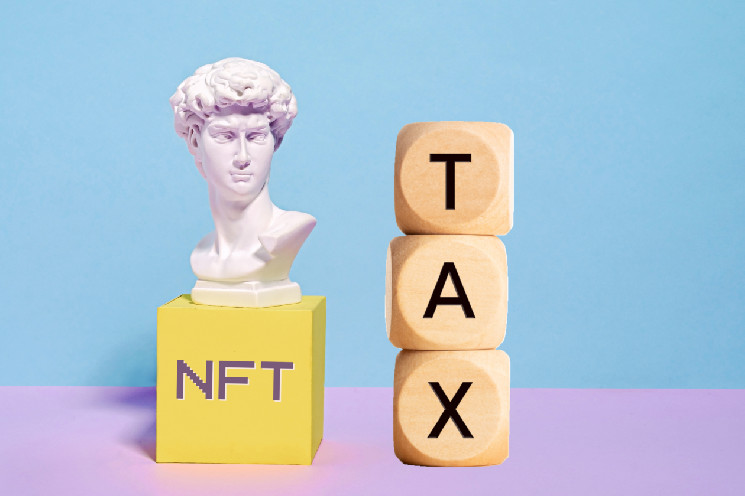The Internal Revenue Service (IRS), an agency under the U.S. Department of the Treasury that handles tax collection, intends to tax non-fungilble tokens (NFTs) as collectibles and is soliciting public opinions on the proposal, according to a government news release on Tuesday.
See related article: Biden administration proposes 30% crypto mining tax, closing wash-trading loopholes
Fast facts
- Under the IRS definition, an $NFT is “a unique digital identifier that is recorded using distributed ledger technology and may be used to certify authenticity and ownership of an associated right or asset.”
- Under the proposal, an $NFT will be seen as a collectible by the IRS if its associated right or asset falls under the category of “collectible” under Section 408(m) of the Internal Revenue Code (IRC), which includes assets ranging from gems to work of art. For example, an $NFT that represents ownership of a painting can be treated as a collectible, as artworks are collectibles under Section 408(m).
- The IRS also highlighted that a digital file associated with an $NFT can count as a Section 408(m) collectible if it constitutes a “work of art”, according to a notice issued by the IRS on Tuesday.
- The IRS guidance on taxation of NFTs is still pending, with the issuance date not announced. The public can comment on the proposed guidance until June 19, 2023.
- The IRS updated its annual income tax instructions in October 2022 to define the term “digital assets,” which includes NFTs.
- The latest guidance comes as U.S. President Joe Biden’s administration seeks to bring clarity to the treatment of crypto assets. Earlier this month, it proposed a 30% tax on electricity used in cryptocurrency mining and plans to eliminate tax-deductible losses related to crypto wash-trading.
- The U.S. is not the only country that seeks to clarify $NFT taxation. Singaporean authorities announced in March 2022 that income from NFTs in the country would be subject to existing income tax rules.
See related article: $NFT December sales surge to highest since June amid ‘tax-loss harvesting’
 forkast.news
forkast.news
